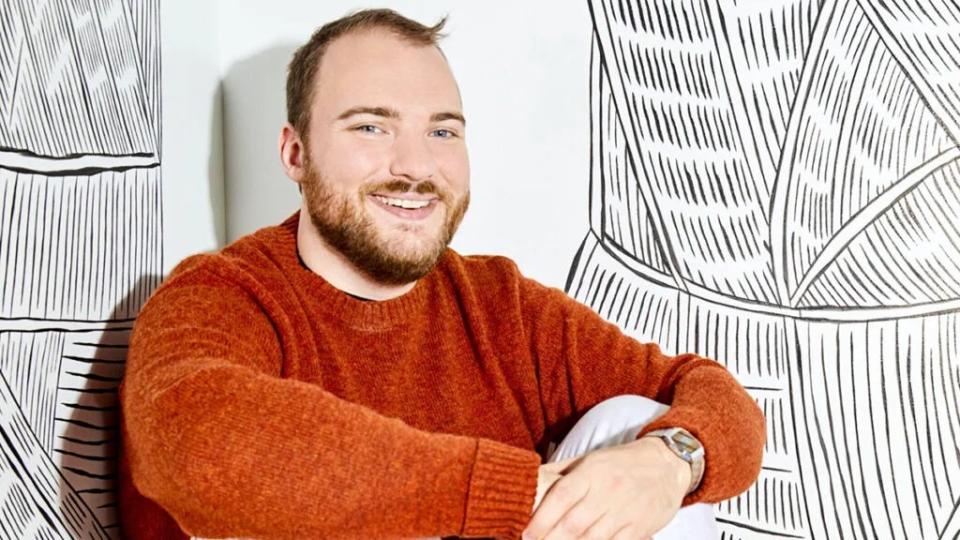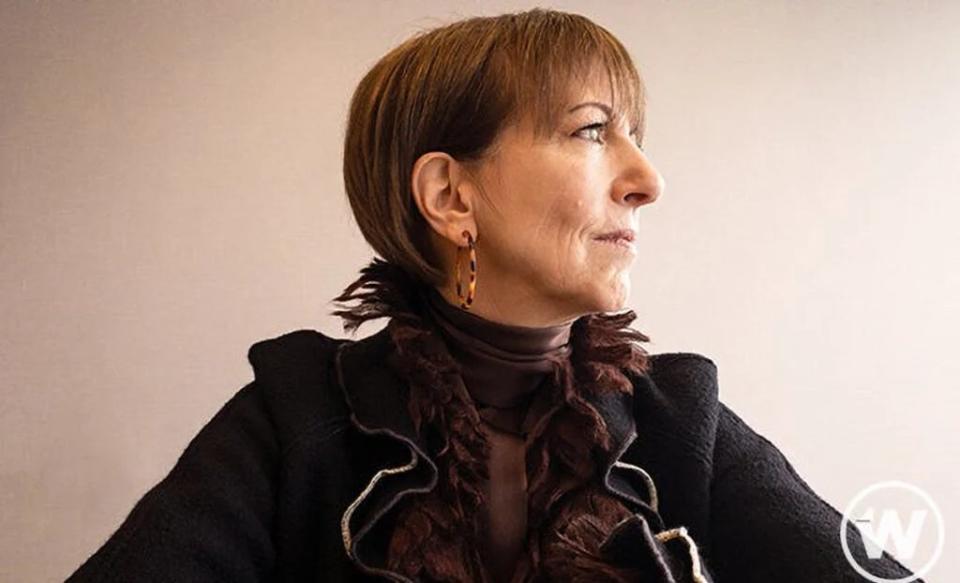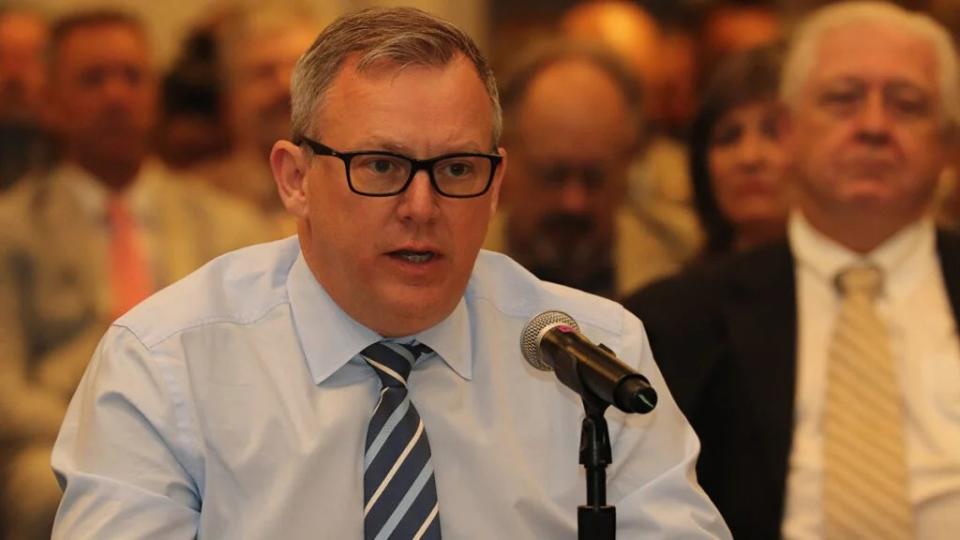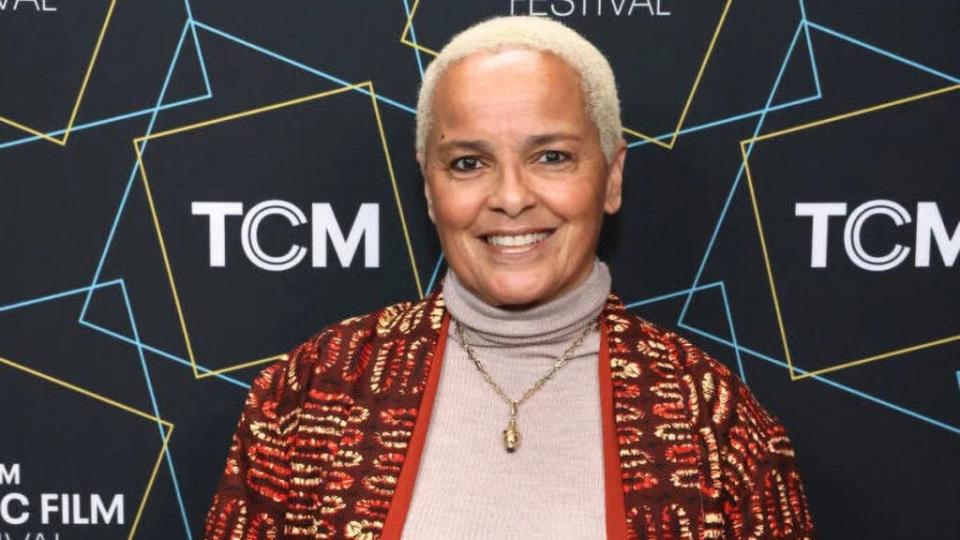After the Strikes, How Can Hollywood Restore Trust?
- Oops!Something went wrong.Please try again later.
After a 2023 defined by the first double-strikes in Hollywood in over six decades, in 2024 the Writers Guild of America and SAG-AFTRA are preparing to implement their hard-fought new contracts, while creatives and studios that make the world’s entertainment must now get back to being partners again.
But in an age where actors like Dakota Johnson are lamenting the lack of trust between creatives and studios, and the scrapping of the completed “Coyote vs. Acme” is reigniting anger towards the C-suites, that may be easier said than done.
Netflix CEO Ted Sarandos raised the issue of trust when he announced that the streamer would disclose viewership data for its films and TV shows on a biannual basis. The streamer’s practice of keeping such data confidential, even from its showrunners, was one of the biggest grievances aired by both WGA and SAG-AFTRA members during the strikes.
“The unintended consequence of not having more transparent data about our engagement was it created an atmosphere of mistrust over time with producers, creators and the press about what was happening on Netflix,” Sarandos said.
Netflix’s move was the first major change in how a top Hollywood company does business following the strike. But the mood of distrust in the industry may take longer to fully repair.
As Hollywood has gotten back to business in 2024 — assuming another strike isn’t called by any of the below-the-line unions negotiating their contracts this year — TheWrap asked several people in Hollywood what they think should be done to restore trust between creatives and executives.
Their responses, some of which were given under condition of anonymity, are transcribed below, with some edited for length and clarity.
Owen Dennis, creator of the animated series “Infinity Train,” which HBO Max pulled in 2022 to much outcry from fans

When you make something for a studio, you’re giving them your concept to care for. The deal is this: I (the creator) make this idea I had in the way that you (the studio) want it, and in return you make sure I have the resources to make it and that it’s seen by as many people as possible, then we both make money.
It’s a simple system in the creative industry that has worked for as long as a creative industry has existed. However, if you do things like take down the creative work that people did so it can no longer be seen or just throw it onto some pile somewhere with no marketing, then it’s sort of like… well what’s the point of entering into this agreement with you?
In my opinion, it’s time to invest more into marketing. I know it’s an unusual tack, but I think that studios should start setting aside more money for marketing stuff that isn’t a pre-existing IP. Be proud of your original work. That’s what marketing does. It says “look at this amazing thing we made. We’re proud of this work and because we love it, you’re gonna love it too.”
Using that money in this way shows your pride in the work the studio makes. That’s why those giant posters are hanging down the sides of the studios in Los Angeles, it’s because they’re showing off all their cool stuff. So do it! Show off your cool stuff! Make merch so people will walk around as a billboard for your product! Plaster the side of a 40-story building with a poster for a new sci-fi romance movie! Start acting like the creative billion-dollar behemoths that you are!
An anonymous studio executive who has been involved in resuming productions after the strikes
I can only speak to the creative talent that we have been working with on getting their projects done now that the strikes are over, but none of them have brought up any trust issues or complaints about our partnership. Everyone has come to us with a mindset of “let’s get back to work.” I think we made agreements with WGA and SAG that really addressed their biggest concerns, and now everyone’s focus on all our productions is getting back up to full speed as quickly as we can, because the livelihoods of a lot of people in this industry are counting on it.
Ivy Kagan Bierman, lawyer and entertainment chair at Loeb & Loeb

Throughout the decades that I have handled entertainment, industry labor matters, I have witnessed different time periods, where management labor relations are sometimes smooth, and sometimes very divisive. Unfortunately, the recent WGA and SAG-AFTRA negotiations and strikes demonstrated that our industry is in a period where management labor relations are very strained.
I am very concerned about the lack of trust and collaboration, which makes it challenging to implement and enforce the new collective bargaining agreements. I anticipate grievances and arbitration claims, particularly with respect to AI. The lack of trust and collaboration is also likely to adversely affect the day-to-day working relationships.
To foster trust and collaboration, management needs to be as transparent as reasonably possible, and very responsive to employees’ concerns and complaints. It would serve management well to include employees proactively when contemplating changes that will impact their work, rather than informing them of changes after it is a fait accompli.
On the flipside, supervisory guild and union members can also foster trust and collaboration by facilitating prompt resolution of employees’ concerns and complaints and avoiding saying disparaging things about the employers that sow seeds of discontent.
It is also critical that management demonstrates a strong commitment to DEI (Diversity, Equity and Inclusion) at all levels of the industry. The recent departures of DEI executives at multiple companies has also adversely impacted employees’ trust.
Michael Miller, Vice President of IATSE, which enters contract talks with AMPTP later this year

Disagreements over matters of principle are often what causes breakdowns between labor and management. Throw revolutionary new technology and economic uncertainty into the mix and that’s what has occurred recently in our industry.
But restoring these relationships and trust will require a real, honest commitment from both sides to achieving common goals for the good of our industry and our members whose unique skills and labor form its bedrock. Key to this process are contracts that address the economic challenges facing our members, sustainable working conditions that allow for a work-life balance, sustainable benefits and ensuring safe working environments.
An anonymous agent at a major talent agency on creatives’ backlash to Warner’s film cancellations and the AI threat
Firstly, as a rule no one will ever, ever dump a good movie. Never. So if someone as proven as [Warner Bros. Animation President] Bill Damaschke wants to dump “Coyote vs Acme,” then it must be bad. I read the script and it was stupid. It was a 5-7-minute cartoon short unnecessarily ballooned into a 90-minute movie.
Just like “Batgirl” before it […] it is best to not release film that comes out poorly, especially if they’re part of important brands, like DC or “Looney Tunes” or “Scooby-Doo.” Like Jason Blum’s cardinal rule, never throw good money after bad.
The AI problems are all like the boogeyman; not based in reality at all. All based on fear. The fact of the matter is that copyright law and publicity law will be the final arbiters of AI as far as film & TV is concerned and certainly not any collectively bargained for labor agreement.
And regarding the creatives and studios, you will note that the only people complaining and not trusting the studios are the “creatives” that actually do not work. The ones that do work are full speed ahead and I’m trying to get their projects made with their studio partners.
Shari Belafonte, SAG-AFTRA’s vp of actors/performers and member of the guild’s contract negotiating committee

When you ask that question, I think of all the independent productions that signed on to our interim agreement during the strike. They agreed to our terms and our members were free to work with them. We will always do work with the big studios, and I hope that now that the strike is over we can get back to being true partners again, but I also hope that the events of the past few months can trigger a new wave of interest in independent works among both our members and the audience.
I believe that audiences still want to go to the movies, and not just for the blockbusters. People still want to see heartfelt, smaller movies as well, and this can be an enlightening time for all of us to focus on making those sort of films. We don’t need the big AMPTP studios to make films like that, and the interim agreement showed that there’s plenty of producers that are willing to make films on financial terms that are favorable to actors and other creatives and which put trust in the artists’ vision.
An anonymous executive at a non-AMPTP production company
I don’t know how much studios are actually going to do to restore trust in Hollywood beyond just building filmmaker relationships one project at a time like they always have (and hopefully not doing what Warner did with “Coyote vs. Acme”), but I was pretty surprised by Netflix’s move to finally put some of their viewership data out.
For the last decade or so, it’s been Netflix playing by their own rules and kinda forcing Hollywood to bend around them. They’re never going to outright say that WGA and SAG-AFTRA made them release that data, but the fact that this happened right after the strikes ended shows just how much the unions changed things by sticking together. I heard a lot of people call this the “Netflix Strike,” so I’ll be interested in seeing how their relationships with talent, especially showrunners, changes going forward.
Umberto Gonzalez contributed to this report.
The post After the Strikes, How Can Hollywood Restore Trust? appeared first on TheWrap.

